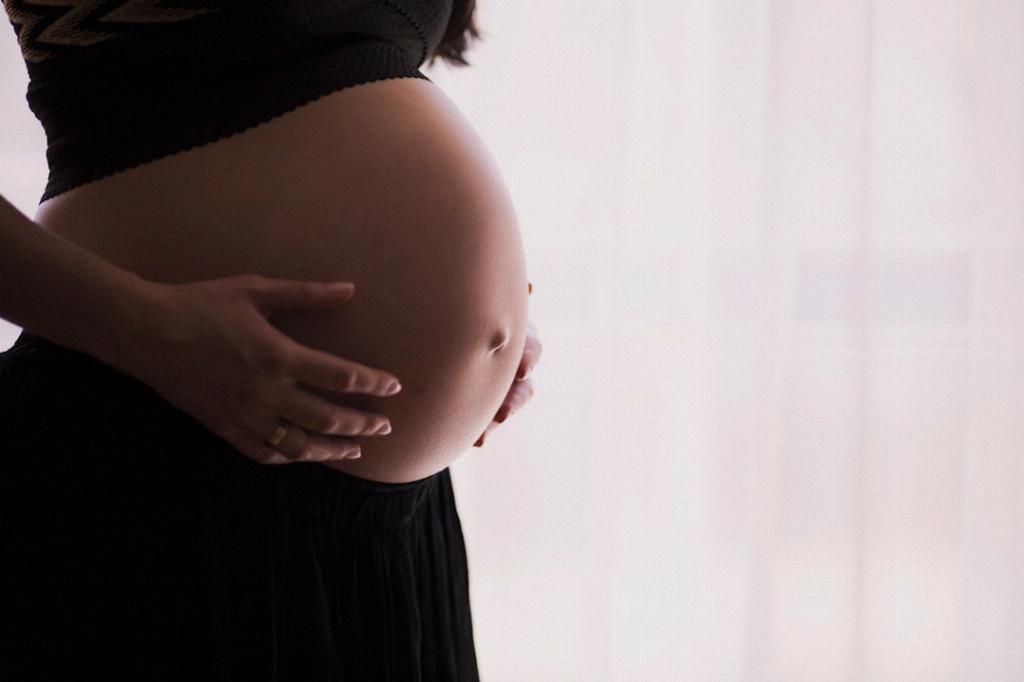Early pregnancy symptoms can vary greatly among women, with some experiencing signs as early as a week or two after conception, while others may not notice any changes until several weeks later. The timing of when these symptoms start can differ based on individual differences in hormone levels and response to pregnancy.
Weeks 1-2: Implantation and Early Changes
During the first two weeks of pregnancy, the fertilized egg implants itself into the uterine lining. This process can sometimes cause light spotting or cramping, which may be mistaken for an early period. Some women may also experience heightened fatigue or mood swings during this time.
Weeks 3-4: Rising Hormone Levels
By the third and fourth weeks of pregnancy, hormone levels, including human chorionic gonadotropin (hCG) and progesterone, begin to rise rapidly. This hormonal shift can trigger symptoms like nausea, breast tenderness, increased urination, and food aversions in some women.
Weeks 5-6: Increasing Symptoms
Between weeks five and six, many women may start to notice an intensification of early pregnancy symptoms. Morning sickness, fatigue, and heightened sense of smell are common during this period. Some women may also experience mood swings and bloating.
Weeks 7-8: Pregnancy Becomes More Evident
As the pregnancy progresses into weeks seven and eight, symptoms such as morning sickness may peak for some women. Hormonal changes can lead to increased fatigue and emotional sensitivity. Changes in appetite and weight gain may also become more noticeable.
Weeks 9-10: Symptoms Stabilize
By weeks nine and ten, early pregnancy symptoms may begin to stabilize for many women. While some symptoms like fatigue and breast tenderness may persist, others such as morning sickness may start to lessen in severity. This period is often referred to as the “calm before the storm” as the second trimester approaches.
Weeks 11-12: Transitioning into the Second Trimester
As the first trimester comes to a close during weeks eleven and twelve, early pregnancy symptoms may start to subside for some women. Energy levels may begin to improve, and nausea may decrease. This period marks a transition into the more stable and comfortable second trimester.

